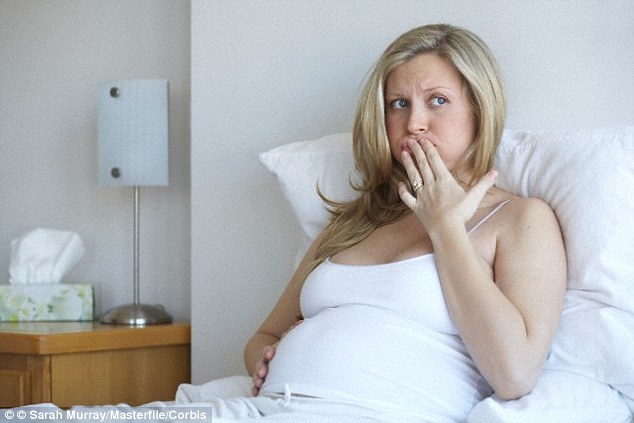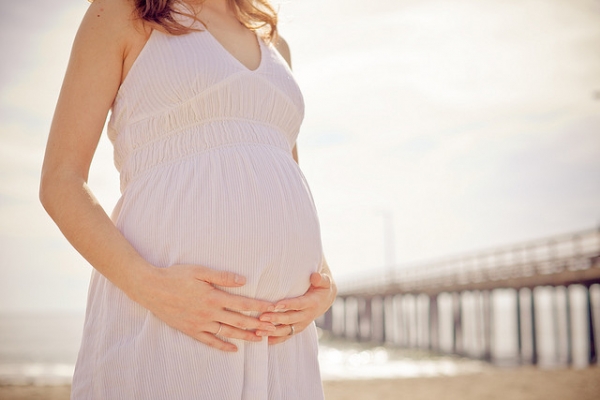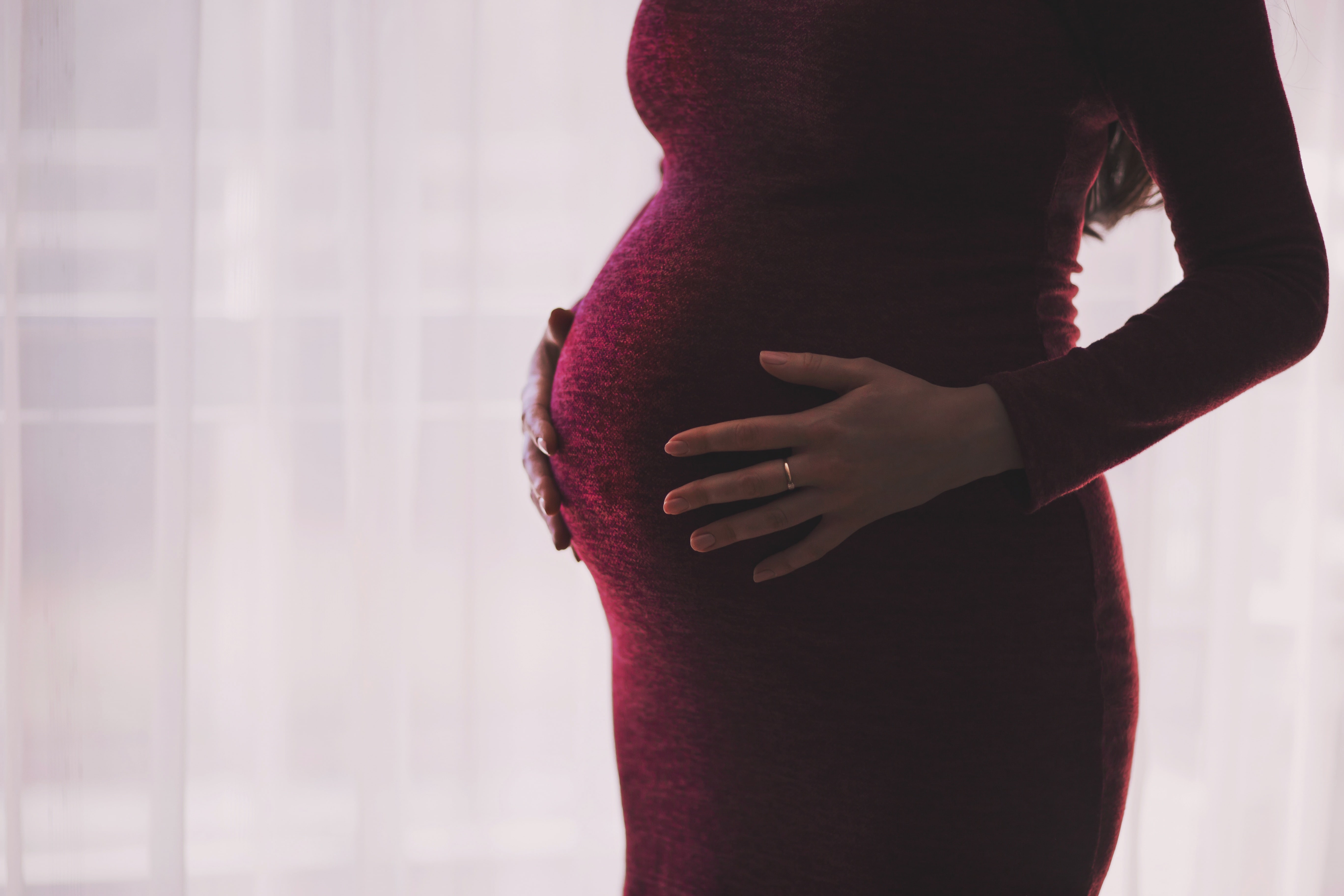Morning Sickness Pregnant women are 'more likely to Have Children with Speech & Language Delays'
Pregnant women who suffer extreme morning sickness are at greater risk of their children having language and speech delays, and attention disorders, warn researchers.
A new study shows the condition suffered by the Duchess of Cambridge during both her pregnancies triples the risk of developmental problems compared with women who have normal nausea and vomiting. About 10,000 women a year in the UK are affected by the debilitating hyperemesis gravidarum (HG) - a severe form of morning sickness which causes constant vomiting, crippling weakness and dehydration.
A new study from the University of California, Los Angeles, (UCLA) looks specifically at whether the condition affects brain development in childhood. Marlena Fejzo, an associate researcher in the David Geffen School of Medicine at UCLA, said the link appeared to be due to lack of nutrition in early pregnancy – especially in the first five weeks – rather than medication. She said: ‘These findings show that it is vital to take HG seriously so these pregnant women can get nutritional support right away. ‘An encouraging finding is that we did not find any association with medications to treat this disorder and neurodevelopmental delays, so I speculate that the neurodevelopmental outcomes are more likely caused by nutrient deficiency early in pregnancy rather than medication.’ The research appears in the online edition of the European Journal of Obstetrics and Gynaecology and Reproductive Biology. The study looked at 312 children born to 203 mothers with HG between 2007 and 2011 and compared those to 169 children born to 89 mothers who did not have HG. The disorders found included attention and sensory disorders and learning, speech and language delays.
Dr Fejzo said the mechanism for exposure to HG and the resulting abnormal neurologic development is not clear. The women in the study experienced nausea and vomiting so severe that they lost at least five pounds and became so dehydrated they needed intravenous fluids. Children exposed in the womb to HG had a 3.28-fold increased risk of neurodevelopmental delays. Dr Fejzo said: ‘There is an urgent need to address whether aggressive treatment that includes vitamin and nutrient supplementation in women with early symptoms of severe nausea and vomiting decreases that risk of neurodevelopmental delay.’ Previous studies have shown that HG is associated with low birth weight babies, small size for gestational age and pre-term births. Earlier research by Dr Fejzo’s team found HG was associated with a 3.6-fold increased risk of behavioural or emotional disorders in adults. The researchers are investigating the genetic basis of HG, as well as looking at risk factors and outcomes. They also hope to determine whether earlier treatment in women with symptoms limits or prevents the adverse outcomes identified in this study. The study states: ‘A significant increase in neurodevelopmental and behavioural disorders in children exposed to HG in utero was demonstrated which suggests HG may be linked to life-long effects on the exposed fetus.
‘The cause for this is unknown, but may be due to maternal stress, abnormal hormone levels during fetal development and/or maternal-newborn bonding after birth, or malnutrition and vitamin deficiency.’ Written By Jenny Hop Retrieved From:
|
|




















